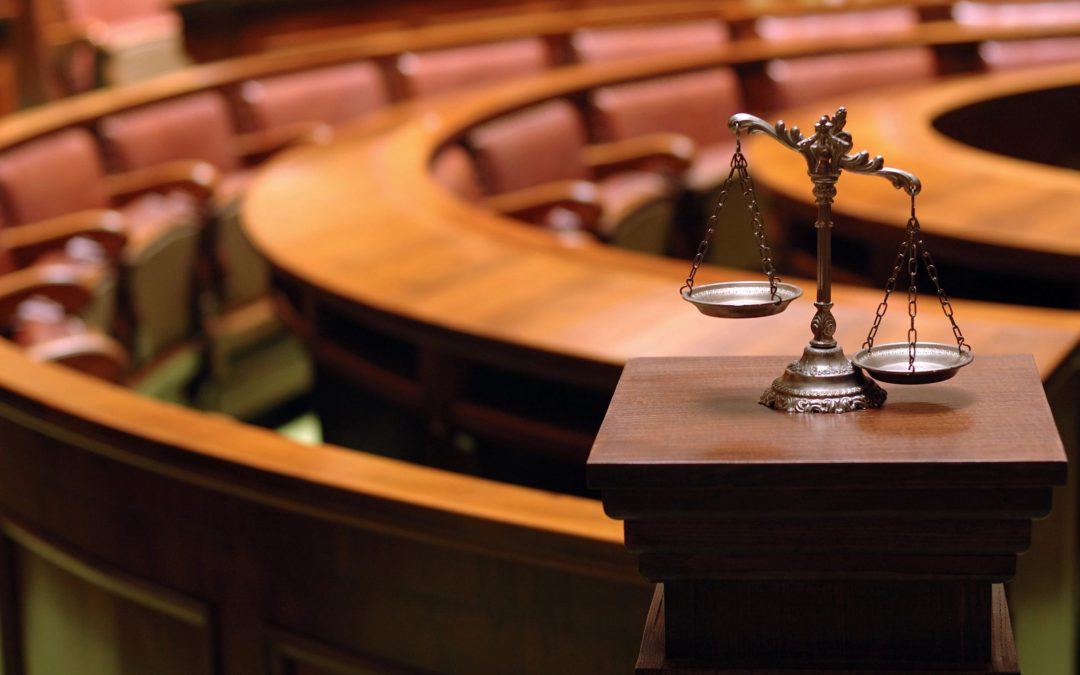
by Matthew Johnson | Jan 3, 2019 | Amendment Practice, PTAB Trial Basics
By Levent Herguner and Matt Johnson – On November 30, 2018, the PTAB filed an opinion addressing two procedural issues in Aver Information Inc. v. Pathway Innovations and Technologies, Inc., Case IPR2017-02108, including failure to meet spacing requirements and...

by Tim Heverin | Dec 7, 2018 | PTAB News, PTAB Trial Basics
By Tim Heverin In September, the Patent Office revised Standing Operating Procedure 2 (available here) to create a new review path for designating opinions precedential or informational. See PTAB Litigation Blog discussion of SOP 2 here. Under the new...

by Matthew Johnson | Dec 6, 2018 | PTAB Trial Basics
By Yang Li Ph.D. (Alex) and Matt Johnson Among the many differences from a patent litigation in a district court, the expedited nature of an inter partes review (IPR) brings with it an obligation for the petitioner to have a full-fledged legal theory of its case right...

by Marc S. Blackman | Nov 15, 2018 | Discovery, PTAB Trial Basics
By Marc Blackman Discovery is limited in inter partes review proceedings. As we previously discussed here and here, discovery is available only “in the interest of justice,” and requests for discovery frequently are denied. Yet, a party may be aware of information...

by Emily Tait | Nov 8, 2018 | Other News, PTAB Trial Basics
By: Emily Tait UPDATE: Oral Argument was held in this case in February 2019. On October 26, 2018, the Supreme Court granted certiorari in Return Mail, Inc. v. United States Postal Service, et al. (17-1594) to address whether the U.S. government is a “person” who may...

by Doug Pearson | Oct 31, 2018 | Pharmaceutical, PTAB News, PTAB Trial Basics
By Doug Pearson Prior to the USPTO’s issuance of revised Standard Operating Procedure (SOP) 2 on September 20, 2018 (available here), designation of Board decisions as Precedential or Informative required, among other things, nomination of a decision to the Chief...







